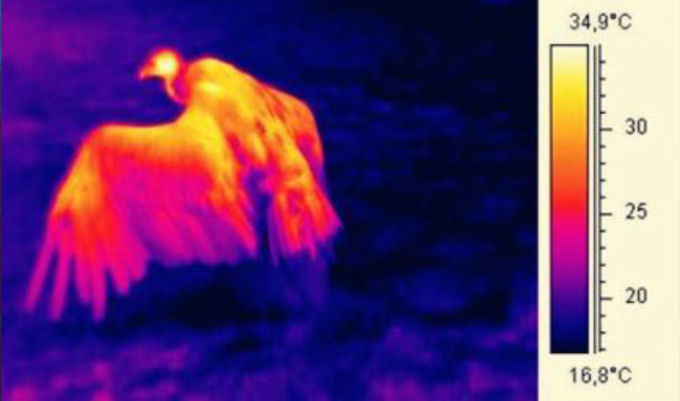Thermal Cameras Launched

Uniview Heat Tracker Series
Body Temperature Measurement Solution & Products
An Infrared (IR) thermal camera (Thermal Imaging Camera / TIC) produces images based on the thermal radiation characteristics of objects.
The basic imaging process is:
The TIC passively receives the IR of objects through the photoelectric infrared detector, and converts radiation signals of varying strength into electrical signals. Then it forms thermal image video signals after the system processing has been completed.
The images output by TIC’s are often referred to as “thermal images”. Since different objects (or even different parts of the same object) radiate different IR energies. Thermal images can present the fluctuations in radiation of each part of the scene, so as to show the characteristics of the scene.
Different from visible light images, thermal images are images of the target surface temperature distribution.
Imaging Resolution
As an important parameter to measure the quality of a thermal detector, resolution reflects the arrangement and overall number of detecting elements on the focal plane of the detector.
The current mainstream resolutions in the market are 160×120, 384×288, 320×240, 640×480, etc. Uniview adopts a 384×288 resolution, which is comparatively high.
Thermal Sensitivity (NETD)
Thermal sensitivity, or temperature resolution, refers to the ability of an IR thermal imager to enable an observer (to accurately distinguish the minimum thermal radiation temperature difference of the target from the background). A smaller temperature resolution means that the IR thermal imager is more sensitive to temperature changes.
The smaller the sensitivity value, the higher the thermal sensitivity and the clearer the images.
Recommended Applications
Fire Source Detection
Straw burning, and fire prevention of electric transmission lines, forests, and nature reserves.
Perimeter Detection
Perimeter protection of parks, oil pipelines, national borders, and border anti-smuggling
To download and view the full Thermal Introduction from Uniview, please click here.
